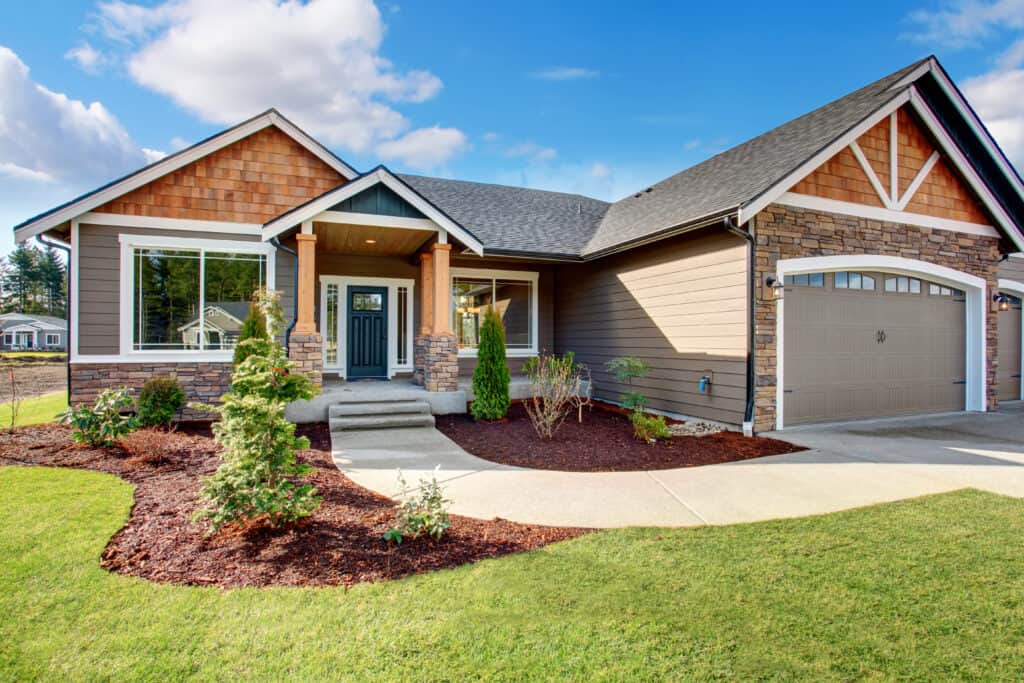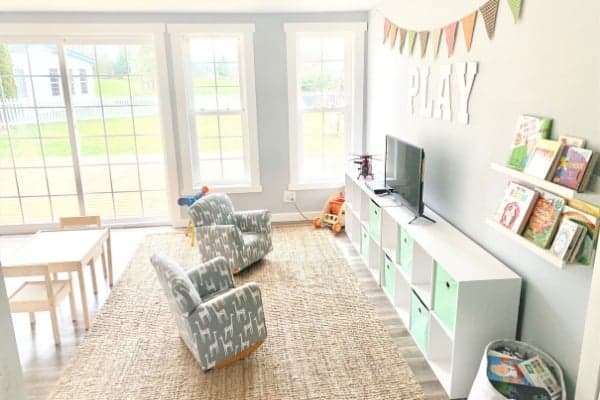Sustainability is a crucial aspect of modern lifestyles, particularly in home buying. Green homes, which reduce carbon footprints and conserve resources, offer significant energy savings and enhance living spaces. Those exploring Washington DC homes for sale find themselves amidst a landscape where eco-friendly living is highly regarded. As climate change awareness increases the appeal of green homes grows among developers and consumers. This trend is a reflection of societal shifts towards sustainable living practices. Various housing options, including LEED-certified buildings and energy-efficient tiny homes, cater to multiple lifestyle needs, reflecting the growing demand for sustainable living spaces.
The Rise of Green Homes
The popularity of green homes is increasing due to increased environmental awareness and financial benefits. Advancements in green technology and government legislation promote sustainability, leading to a surge in eco-friendly homes. Social movements and climate advocacy emphasize the importance of environmentally responsible choices. Real estate development is also adopting stricter standards to meet consumer demands. This tendency, affecting urban planning and architectural designs to prioritize waste reduction and the use of natural resources, is not just found in wealthy areas but is quickly becoming the standard in society.
Benefits of Energy-Efficient Homes
Energy-efficient homes offer numerous benefits beyond cost savings, including reduced energy consumption, higher indoor air quality, and a healthier living environment. The U.S. Department of Energy states that these homes reduce energy costs while minimizing environmental impact. They also minimize ecological footprints, preserving natural resources. Smart home technologies promote efficient energy use monitoring, minimize waste, and support a greener lifestyle. These innovations empower individuals to actively participate in creating a sustainable future.
Key Features of Green Homes
Greenhouses are environmentally friendly housing solutions that use sustainable building materials like bamboo flooring and recycled steel, energy-efficient appliances, and renewable energy sources like solar panels. These homes also incorporate advanced intelligent technologies to monitor energy use in real time, providing homeowners with valuable data to make informed decisions about their consumption patterns. These features create comfortable, modern, and environmentally responsible homes, offering both convenience and environmental benefits.
How to Choose a Sustainable Home
Selecting a sustainable home requires carefully evaluating construction materials, energy systems, and environmental impact. Certifications like LEED or Energy Star can indicate a home’s sustainability credentials. Location, proximity to public transportation, and liveability factors like walkability and access to green spaces are also important. Buyers can find a home that aligns with their environmental values and personal needs by considering these factors and promoting a more eco-friendly lifestyle.
Financing and Incentives for Green Homes
Green homes can be financed through special green mortgages or loans with lower interest rates, promoting sustainable housing development. Governments and organizations offer incentives like tax rebates, grants, and reduced loan rates, making green homes more accessible to a broader audience. The evolving financial landscape provides more opportunities for homeowners to invest in sustainability without high costs, contributing to broader environmental goals.
Sustainable Living Practices
Adopting sustainable living practices, such as mindful resource consumption, recycling, and waste reduction, can maximize the benefits of living in an eco-friendly home. Homeowners can also opt for energy-efficient lighting, water-saving devices, and community programs that promote sustainability. These practices align with an eco-friendly lifestyle and foster a shared ethos around environmental responsibility, demonstrating a profound relationship with the planet and future generations.
Future Trends in Sustainable Housing
The market for sustainable homes is expanding, with the future of green home development expected to feature advanced intelligent systems, eco-friendly materials, and communities designed for sustainable living. Green building technologies and a stronger emphasis on sustainability will lead to more integrated homes benefiting homeowners and the planet. Construction, design, and energy management innovations will define sustainable living, intertwined with renewable energy storage and distribution. Purchasing a sustainable house is a commitment to a better lifestyle and a more sustainable future, not merely a financial choice.





